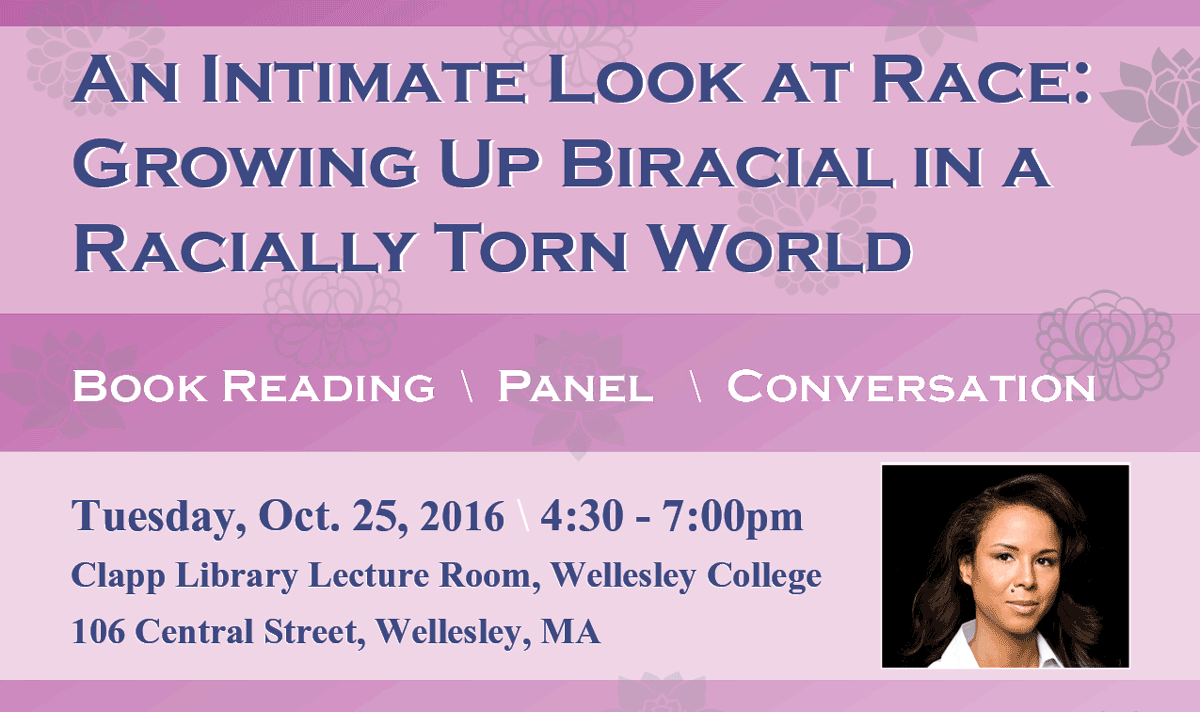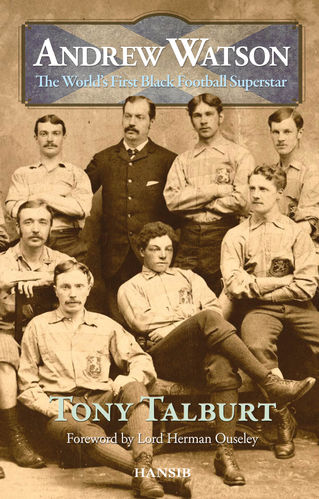Black Lives Matter
Wonderland
2016-10-11
As the Black Lives Matter conversation continues to unfold the world over (BLM crowds stormed London City Airport as Wonderland went to press), we asked Emma Dabari, a teaching fellow at School of African Studies, to organise a debate between a few of London’s most independently-minded young creatives.
Emma Dabiri, Fellow, SOAS: What are all of your experiences with Black Lives Matter and the differences between the UK and the US? Capres, you organised the recent London protest [which was meant to be for 30 people, and closer to 3,000 turned up].
Capres Willow, protester, Black Lives Matter: The reason I organised the protest was because I was online and I came across one of the killings. I was like: “This isn’t the first one, this isn’t the last one. It seems like all people are doing is typing about it online.” Okay, that’s great, show your opinion, but we need some real action. So I just organised a protest, not expecting much from it and then 3,000 people turned up. After that I thought: “Okay, now I’ve got responsibilities.” I’m not an activist and I’ve never been to a protest before, but from that I was like: “Alright, what’s next?” Do you go about it in a political way? Do you approach the government and say: “This needs to change”? Then you look at the fact that it’s an institutional problem within the police. I’m not saying a policeman is racist, but the police as an institution is a racist institution…
E: Do you think that police brutality is one of the main issues affecting black British people? We know it’s not to the same extent that it is in the US…
Mischa Notcutt, a stylist who runs the clubnight PDA: That’s because they have guns! That’s the only reason we’re different from America. Brexit proves that we’re not as forward as a country as people think…
…E: I’m not in any way trying to suggest that the UK is better than the US, that’s not what I think. But what do you think some of the differences might be between how racism manifests itself here and there? I actually think British people are a lot more sophisticated in the way racism operates. I think there are issues that are specific to the UK, that are maybe harder to unpick.
Ronan McKenzie, fashion photographer: Exactly, it’s more undercover.
M: It’s a lot more insidious here. People are more scared about being called racist.
E: Precisely. In Brazil they had a policy called “The Whitening”. Unlike in England where there was generally a fear of so-called “race mixing”, in Brazil they had this huge African descent population in the late 1800s/early 1900s. It was this actual policy where they thought if they could just dilute the black population enough, through mixing with the white, they could eventually rid Brazil of the “Negro problem”… Obviously the whole forbidding mixing thing didn’t work here, but we’ve said racism is more insidious here. Have you read those articles that say that the African Caribbean group will be the first group to disappear in the UK? It’s regularly reported and the articles always finish in, I think, a quite gleeful tone. I just feel like: “Oh, is that what you want to happen?” I wonder if the more softly integrative, assimilate approach in the UK is maybe a low-key whitening thing.
R: You can see that in fashion, for example, where people will be talking about diversity but they won’t cast any dark-skinned girls. That’s not really diversity, if really you only like your black girls light-skinned.
Mischa: That’s interesting, because when I was younger, me and my sister would aways be like: “But we’re the future! Everyone’s going to be like us eventually!’ The Jamaican side [of my family] always see us as the white cousins, and the white side always sees us as the black cousins. So we always felt in the middle. We always thought: “The more mixed-race people, the better”, because that would give us more things to identify with being mixed race and dual heritage.
R: I think it depends on where you are, as well. I’m from north east London and if you’re mixed race you’re like, the gods. Everybody wanted to be mixed race, everybody wanted to have lighter skin, curly hair and look mixed race, and all the mixed race boys in my area were so sought after.
Munroe Bergdorf, model: It’s almost fetishised.
R: But it wasn’t a celebratory thing… It was more like: “I don’t want to be dark-skinned. I want to be more beautiful. I want to have lightskinned babies, so they look better and be respected more.” It’s not because you thought it would be great mixing… I remember, when I was younger — maybe even up until a few years ago — when I didn’t want to tan, I’d put factor 50 sunscreen on because I didn’t want darker skin. I never looked at my dad thinking: “I don’t like his colour.” I just didn’t want to be darker skinned myself.
E: I think that’s a difference I’ve experience between white environments and black environments. In addition to the racism that often occurs in white environments, there’s the more liberal, celebratory, “Oh, one day everybody will be brown like you! This is the future!” If you put that in black context, and you see the way colourism operates, and the way there’s all this pressure, and desire to be lighter, and to have more mixed, European features, then that kind of celebratory narrative seems quite perverse! In that context, it gets really gross… What do you see as the role of non-black people?…
Read the entire article here.



